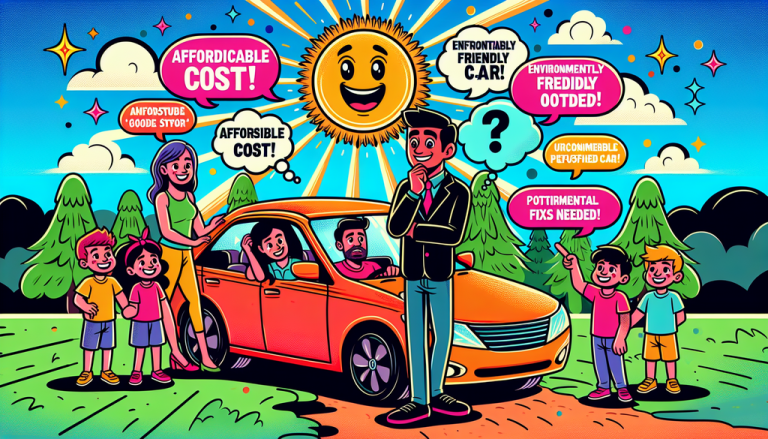Considering a rebuilt car as your next ride? You’re not alone. Many budget-conscious buyers are exploring this intriguing option, but it comes with significant pros and cons that demand careful consideration.
What Exactly is a Rebuilt Car?
A rebuilt car has survived significant damage—typically from an accident—and underwent extensive repairs to restore its functionality. Insurance companies previously declared these vehicles “total losses” before mechanics meticulously reconstructed them.
Financial Breakdown: Rebuilt Cars vs. Standard Used Vehicles
| Factor | Rebuilt Car | Standard Used Car |
|---|---|---|
| Average Price | 30-50% Lower | Standard Market Rate |
| Insurance Costs | Higher Premiums | Standard Rates |
| Resale Value | Significantly Reduced | More Stable |
Critical Risk Factors
- Potential hidden structural damage
- Complex mechanical issues
- Limited warranty coverage
- Challenging insurance negotiations
Expert Recommendations
Before purchasing a rebuilt car, take these crucial steps:
- Request comprehensive inspection by independent mechanic
- Obtain complete vehicle history report
- Verify repair documentation
- Understand potential long-term maintenance challenges
Real Consumer Insights
“I saved $4,500 on my rebuilt SUV, but spent an additional $2,200 on unexpected repairs within two years. Would I do it again? Probably not.” – Michael T., Toronto
Financial Perspective
While rebuilt cars can offer substantial upfront savings, they represent a calculated risk. Your decision should balance immediate cost benefits against potential future expenses.
Final Verdict
Rebuilt cars aren’t inherently bad—but they demand thorough research, professional assessment, and realistic expectations. They’re best suited for mechanically savvy buyers comfortable with potential additional investments.



